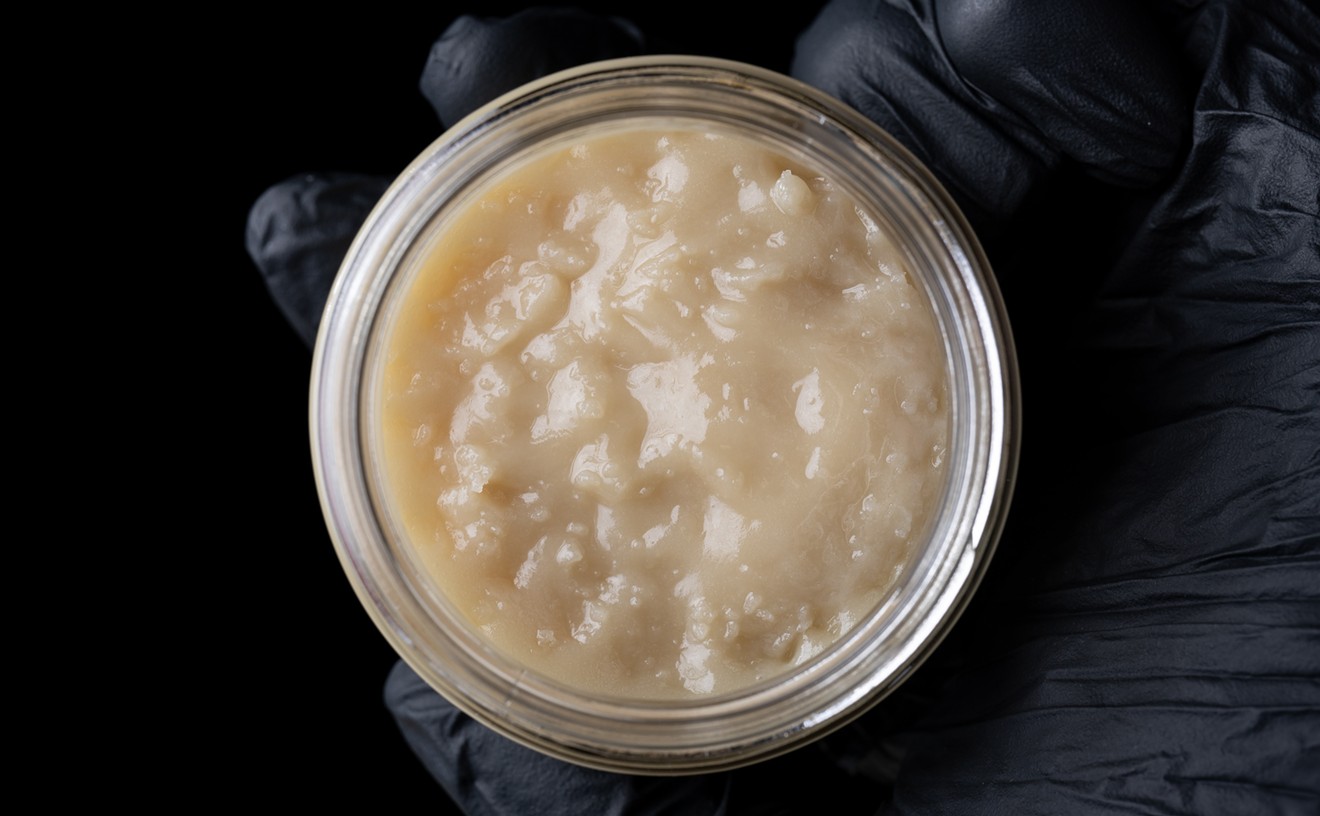Colorado marijuana watchdogs don't think they have enough power to keep contaminated pot out of consumers' hands, so they're asking lawmakers for help.
Recalls for medical and recreational marijuana products have been a regular occurrence since state regulators began requiring laboratory testing on retail pot in 2015. Initially those tests just involved looking for banned pesticides, but the Colorado Marijuana Enforcement Division later added standards for potentially harmful mold, yeast, heavy metals, residual solvents and water activity, as well.
However, recalls for contaminated marijuana or product that bypassed testing are often issued months — and in some cases, years — after flagged marijuana was sold. Recalls have also been issued for products that initially passed testing but were later found to be potentially dangerous during regular dispensary inspections or visits prompted by tips.
"We do have enforcement mechanisms in place, but they're rather lengthy and cumbersome, with a provision of a hearing and other things, so we're worried that people have a lag time between the time a product is tested to be unsafe and the time it can be actually removed from the shelves and not be available to the public," Representative Marc Snyder said during a Colorado House committee hearing January 30.
According to the MED's most recent annual market update, around 85 percent of marijuana flower, shake and trim passed microbial testing in 2020. During state rulemaking hearings last year, marijuana business owners discussed how questionable practices can be utilized to pass microbial testing, including running the plants through radon lights and microwaves or dipping them in hydrogen peroxide.
The MED has a gap in its enforcement ability, according to Snyder, who just introduced a bill that would give marijuana regulators "a little more teeth" to embargo or destroy marijuana products that are deemed unsafe to the public. His measure, House Bill 1021, would empower the MED in a manner similar to that of the Colorado Department of Public Health & Environment, which regulates food and drink.
According to Snyder, he was asked to run the bill by the Colorado Department of Revenue, the MED's overseeing body. Although the MED didn't respond to a request for comment on the proposed legislation, executive director Dominique Mendiola testified in favor of HB 1021 at the January 30 hearing.
According to Mendiola, the bill would allow marijuana watchdogs to be "more nimble and precise in our response with public-health issues." Currently, the MED can place administrative holds on marijuana products before issuing a recall, but requirements for an embargo would be looser, she said.
"Administrative holds are based on facts or circumstances indicating a potential violation, whereas an embargo can be issued based on other information, like evidence of adverse health event reports or other information showing the marijuana product poses a risk to consumer health, but which may yet not amount to what we've identified as an alleged violation," Mendiola explained, using the 2019 and 2020 lung illness outbreaks attributed to unregulated THC vaping as an example.
Although the ingredient linked to the illnesses, vitamin E acetate, wasn't found to be used by licensed Colorado manufacturers, if it had been, the MED wouldn't have been able to immediately take any products off the shelves, Mendiola noted. That sort of action would require new rules.
Under HB 1021, the MED would serve an embargo notice to marijuana business owners, and then the two parties would go to a hearing. In the meantime, the products would be stored and kept from the public. If they were ultimately found to be unsafe or in violation of MED rules, the MED would have the authority to destroy them. And if a business doesn't comply, Mendiola suggested "an alternative approach" of a summary suspension recommendation that would essentially require a licensee to "cease all business operations."
Mendiola told lawmakers that the MED wouldn't unnecessarily disrupt business operations during an embargo process, and Snyder noted that there would be "full due process" for marijuana licensees.
Snyder says his office has been working with marijuana industry representatives on the proposal and is open to amendments on the bill. As the marijuana industry remains stuck in a year-plus recession with record-low wholesale prices, though, the timing for such a proposal is "right now," he says.
"I think we're going to be looking at a shaking-out period over the next few to several years, and a lot of the companies that are on the margins right now might have increasing pressures to keep their company viable," he told the committee. "I think we have a wonderful [marijuana] industry. I know a lot of the people who have worked really hard to comply with all of hoops and rules we put them through, but when economic pressure becomes overbearing, the opportunity to cut corners becomes even greater."
The House Finance Committee unanimously approved HB 1021; the bill is scheduled to appear in front of the full House tomorrow, February 2.
Update: This article was updated Thursday, February 2, to fix an error stating that around 85 percent of marijuana flower, shake and trim failed microbial testing in 2020.
[
{
"name": "Air - MediumRectangle - Inline Content - Mobile Display Size",
"component": "12017618",
"insertPoint": "2",
"requiredCountToDisplay": "2",
"watchElement": ".fdn-content-body",
"astAdList": [
{
"adType": "rectangle",
"displayTargets": "mobile"
}
]
},{
"name": "Editor Picks",
"component": "17242653",
"insertPoint": "4",
"requiredCountToDisplay": "1",
"watchElement": ".fdn-content-body",
"astAdList": [
{
"adType": "rectangle",
"displayTargets": "desktop|tablet"
},{
"adType": "rectangle",
"displayTargets": "desktop|tablet|mobile"
}
]
},{
"name": "Inline Links",
"component": "18838239",
"insertPoint": "8th",
"startingPoint": 8,
"requiredCountToDisplay": "7",
"maxInsertions": 25
},{
"name": "Air - MediumRectangle - Combo - Inline Content",
"component": "17261320",
"insertPoint": "8th",
"startingPoint": 8,
"requiredCountToDisplay": "7",
"maxInsertions": 25,
"watchElement": ".fdn-content-body",
"astAdList": [
{
"adType": "rectangle",
"displayTargets": "desktop|tablet"
},{
"adType": "rectangle",
"displayTargets": "desktop|tablet|mobile"
}
]
},{
"name": "Inline Links",
"component": "18838239",
"insertPoint": "8th",
"startingPoint": 12,
"requiredCountToDisplay": "11",
"maxInsertions": 25
},{
"name": "Air - Leaderboard Tower - Combo - Inline Content",
"component": "17261321",
"insertPoint": "8th",
"startingPoint": 12,
"requiredCountToDisplay": "11",
"maxInsertions": 25,
"watchElement": ".fdn-content-body",
"astAdList": [
{
"adType": "leaderboardInlineContent",
"displayTargets": "desktop|tablet"
},{
"adType": "tower",
"displayTargets": "mobile"
}
]
}
]












